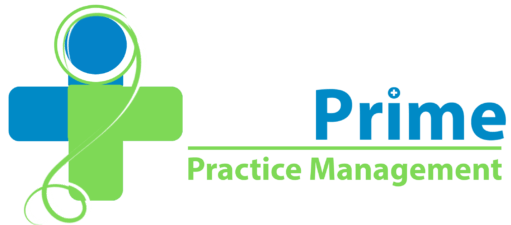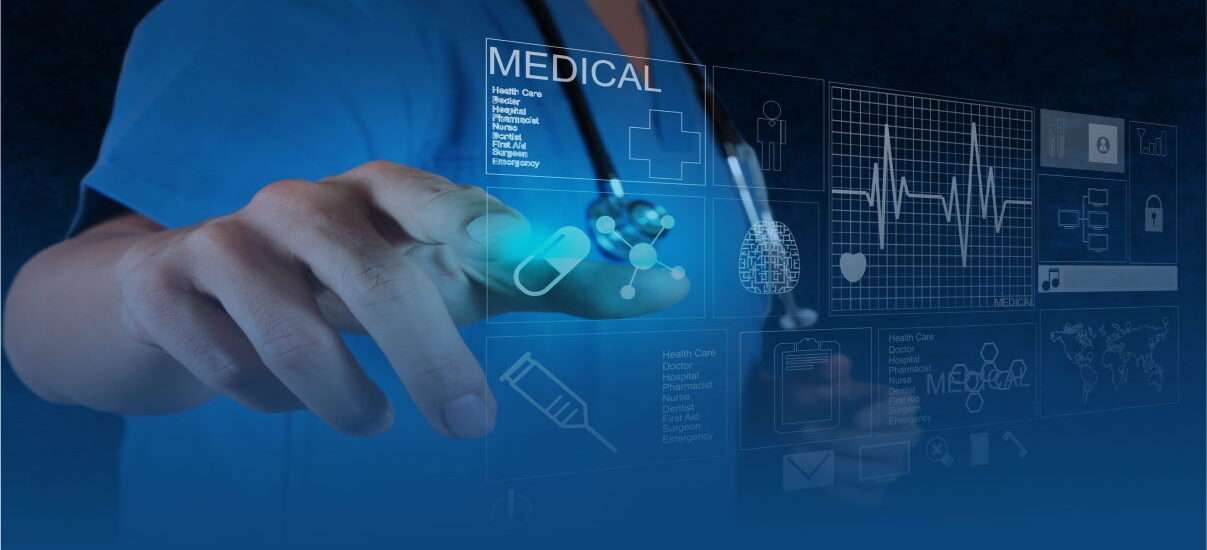The Future of Medical Billing: Trends and Innovations Shaping 2024
Medical billing is at the heart of the healthcare industry’s financial health, ensuring that providers get paid for their services. As the landscape of healthcare evolves, so does the field of medical billing. Here’s a look at the top trends and innovations in medical billing services that are expected to shape 2024.
1. Artificial Intelligence and Automation
Artificial Intelligence (AI) and automation are revolutionizing medical billing processes. These technologies streamline tasks such as coding, claims processing, and revenue cycle management, reducing human error and increasing efficiency. By leveraging AI, medical billing companies can quickly analyze vast amounts of data, identify patterns, and predict claim outcomes, thus optimizing billing processes and accelerating reimbursements.
2. Telehealth Billing
The rise of telehealth services has introduced new complexities in medical billing. As telehealth becomes more prevalent, billing for virtual visits requires a different approach than traditional in-person visits. Ensuring compliance with telehealth-specific billing codes and regulations is essential for accurate reimbursement. Medical billing services are adapting to these changes by offering specialized telehealth billing solutions to manage virtual care claims effectively.
3. Value-Based Care Models
The shift from fee-for-service to value-based care models is transforming how healthcare providers are reimbursed. In a value-based care system, providers are paid based on patient outcomes rather than the volume of services provided. This model emphasizes quality over quantity, requiring medical billing services to focus on accurate data reporting and performance tracking. As value-based care becomes more widespread, billing companies must adapt to these new reimbursement structures and ensure providers receive appropriate compensation for delivering high-quality care.
4. Enhanced Data Security
With the increasing amount of sensitive patient information being processed, data security has become a top priority in medical billing. Compliance with regulations such as the Health Insurance Portability and Accountability Act (HIPAA) is crucial to protect patient data from breaches and cyberattacks. Medical billing services are investing in advanced security measures, including encryption, secure data storage, and regular audits, to safeguard patient information and maintain trust with healthcare providers.
5. Patient-Centered Billing
Patients are becoming more involved in their healthcare decisions, and this trend extends to medical billing. Transparent and patient-centered billing practices are gaining traction, aiming to make the billing process more understandable and manageable for patients. Clear communication, detailed explanations of charges, and flexible payment options are essential components of patient-centered billing. By improving the patient billing experience, providers can enhance patient satisfaction and reduce billing disputes.
6. Integration with Electronic Health Records (EHRs)
Seamless integration between medical billing systems and electronic health records (EHRs) is crucial for efficient data sharing and accurate billing. Integrated systems eliminate the need for duplicate data entry, reduce errors, and ensure that billing information is up-to-date. This integration allows for real-time access to patient information, streamlining the billing process and improving overall efficiency.
7. Advanced Analytics and Reporting
Data analytics play a vital role in modern medical billing. Advanced analytics tools provide valuable insights into billing trends, claim denials, and revenue cycle performance. By analyzing this data, billing services can identify areas for improvement, optimize processes, and enhance financial performance. Detailed reporting capabilities also enable healthcare providers to make informed decisions and improve their practice management.
Conclusion
The future of medical billing is dynamic, with continuous advancements and innovations shaping the industry. As healthcare evolves, medical billing services must adapt to new technologies, regulations, and patient expectations. By embracing these trends and innovations, billing companies can enhance efficiency, ensure accurate reimbursements, and support the financial health of healthcare providers. In 2024 and beyond, the focus will be on leveraging technology, improving patient experiences, and navigating the complexities of value-based care to drive the future of medical billing forward.





